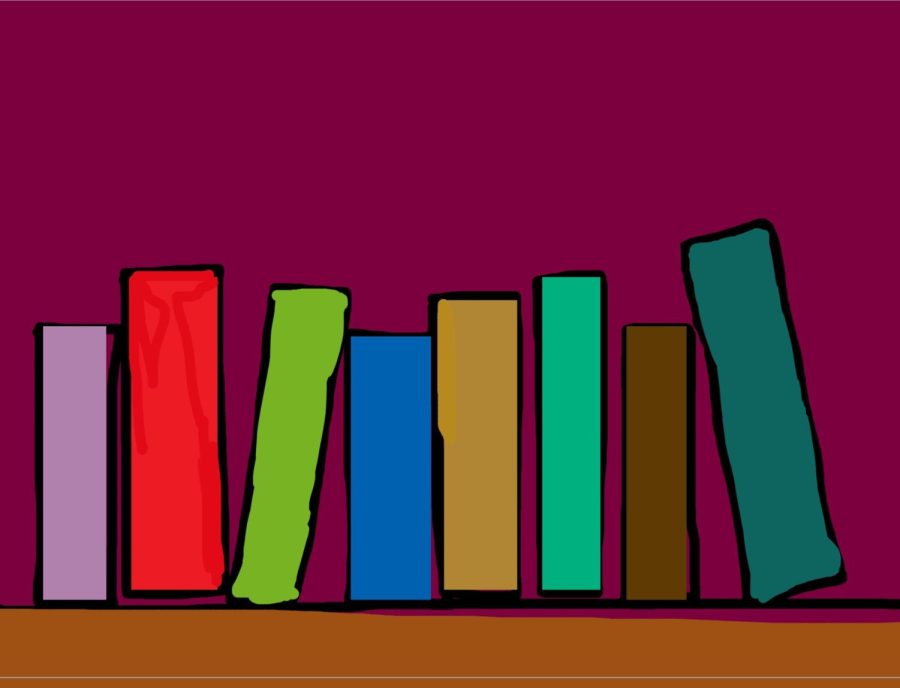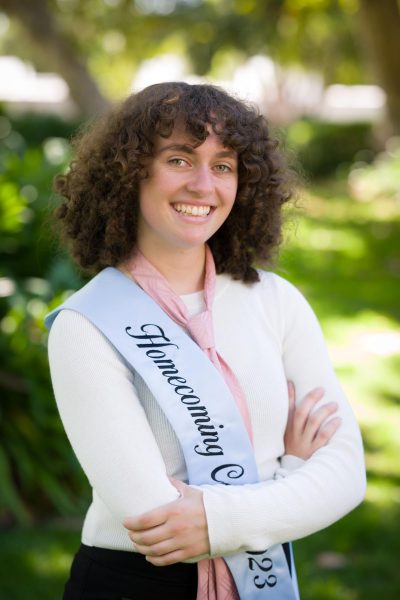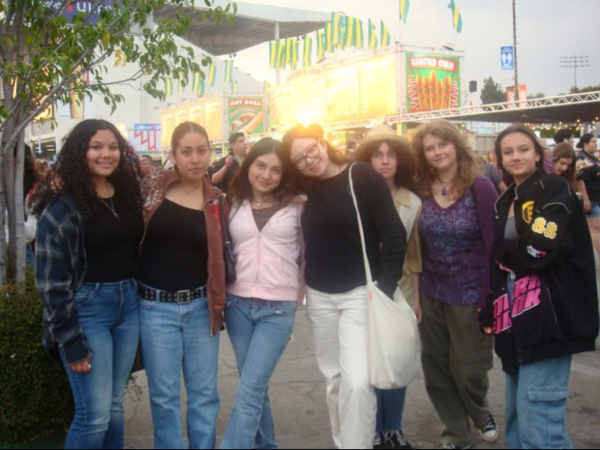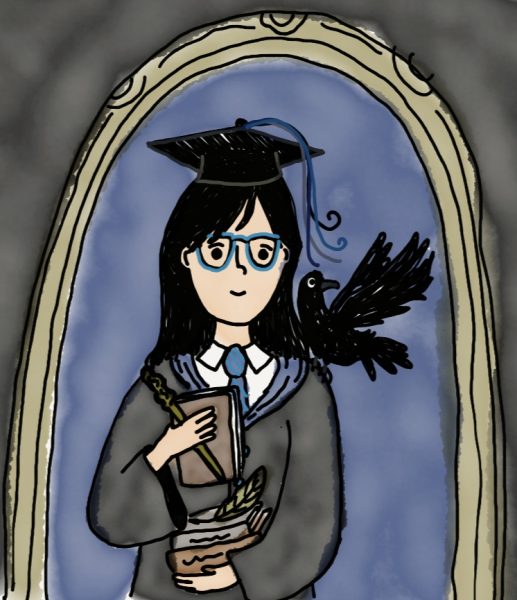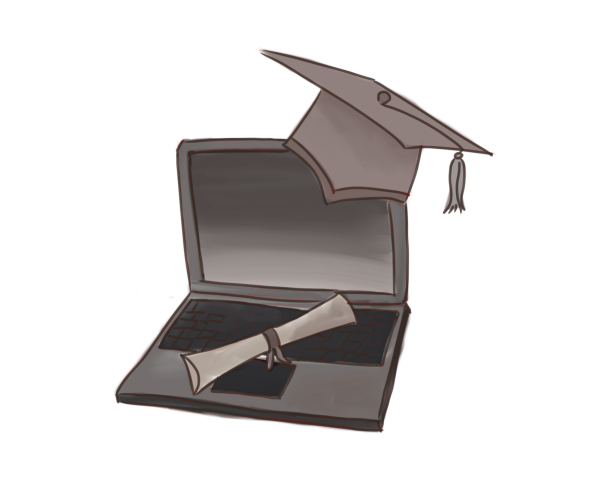With Newer Times Should Come Newer Books
Percy Jackson, Maze Runner, and The Hunger Games: while these books are amazing classics—no doubt still warming the hearts of many young adults—they seem to only provide a sense of nostalgia to high school readers. Claremont High’s library has long been a source of knowledge and a hub for exploration for the young adults of the school. However, this knowledge and exploration seem to be limited by the lack of newer books suitable for the high school age group.
The shelves of CHS’s library are filled with stacks of books with hardly any takers. Looking through the shelves, one can find books from the early 2000s like the Harry Potter Series—which although is an iconic collection, does not seem beneficial in terms of progressive reading. Many books that are not just used for educational purposes date back decades to the early 1960s and 70s, right around the time when Claremont High School was first established. Some such books include Slaughterhouse 5 by Kurt Vonnegut and Invisible Man by Ralph Ellison. Mainly filling the library are books that are not written within the time period of today’s readers, limiting the variety of stories that a CHS student might explore.
As of 2022 itself, more than 275,000 books were published in the United States and around 2,000 of those books were part of the young adult genre suitable for high school students. With every year comes new releases, and yet one might notice that only a fraction of those books is implemented into the Claremont High library. Many English classes, such as IB English, rely on some of these outdated books for their teaching curriculum. In many ways–as informative as these books may be–they may also be acting as a barrier to progressive learning. Claremont High School should be implementing newer books so as to encourage readers and non-readers at school to read and experiment with stories that one might genuinely enjoy. With all of the reading English classes require, it is important to find a book that does not make reading feel like a chore, and the school library—mainly consisting of decades-old books, does not do much to change that. If students are actually going to venture into the library to read for enjoyment, it is unlikely that students would want to read books so closely similar to the required readings from English class.
Since the world was affected by the Covid-19 pandemic in early 2020, the quarantine time period has really influenced the value of books for high school students. Quarantine had masses of people experimenting with certain aspects of their lives, one of which included reading. Students went in one of either directions; they either gave up reading completely, or they started to experiment with new books and genres to relieve their boredom during lockdown. Since the return back to school, many of the new readers that emerged from quarantine relied on sources such as the library to obtain new books. However, they were met with some disappointment when the library was not able to provide a fresher variety of readings. One such student, CHS junior Celest Santana shared this sentiment.
“I remember looking through the library to find books that I might actually like and I did
come across a couple,” Santana said. “But even those books were published around 2013 and were part of a series that the library didn’t have the complete collection of. So I do think I was a little disappointed.”
One might be wondering why exactly does the library not implement newer books to appease the young adults of this high school. A lot of the issue lies in budgetary constraints and book allocations. Mr. Munsey, Claremont High’s school librarian, and Mrs. Yoshinaga, the library media assistant shed some light on the background of this issue.
“There’s usually three sources from where we get our books from,” Munsey said. “We either buy them, we get them donated, or we get the hand-me-downs from the colleges and we haven’t received very many hand-me-downs from the colleges lately.”
“There’s also budgetary concerns since the library doesn’t have its own separate budget,” Yoshinaga said. “So if anything is requested, it has to be requested through administration.”
“Back when I started I used to have a budget of $10,000,” Munsey said. “But when the recession hit in 07’, the administration took it and they never really gave it back. They never really denied us anything but we don’t have the autonomous control to say ‘we want this’.”
Despite some of these limitations, the library is still actively trying to acquire newer books and encourage more reading. Tables have been set up during different periods of the year to display books of that season that students might be interested in. One such table included poetry books that Mr. Munsey and Mrs. Yoshinaga had recently bought. Another instance of their effort includes last Valentine’s Day when books were wrapped to cover their title, and students could pick up a wrapped book in the sense of a blind date to encourage curiosity and experimentation in reading.
Looking towards a more progressive literary future, Mr. Munsey and Mrs. Yoshinaga also hope to see the library advance to what they call phase 3–an all-accessible digital library. This digital library is meant to be more convenient and motivating for students to read. While the library cannot constantly buy newer books with budgetary and allocation limitations, it can try to invest and promote a means for students to access the books the library cannot provide in person. With this means, students might actively read more and download books from any location from their device.
“The future really is how digital we can be,” Munsey said. “We’re doing it with textbooks and different aspects, but now how do we input that into library books?”
With newer times should come newer books, as well as newer mediums to access those books. A digital medium for accessing newer books seems to be a great step forward toward a more progressive reading experience. The students of Claremont High need books that relate to their generation, and they need books for fresher perspectives that come with changing times. The question that still remains is, how and when—if ever—will these changes be implemented.
Hello there! Our goal is to provide relavent, engaging journalism for readers of all ages. Your donation will support the student journalists of the Wolfpacket at Claremont High School, and will allow us to purchase equipment, print our monthly issues, and enter in journalism competitions. We appreciate your consideration!

Naisaa Khedia is a senior at CHS and the Head Sports Editor for the Wolfpacket. She is an AP/IB student. Outside of school, Khedia enjoys being in the...
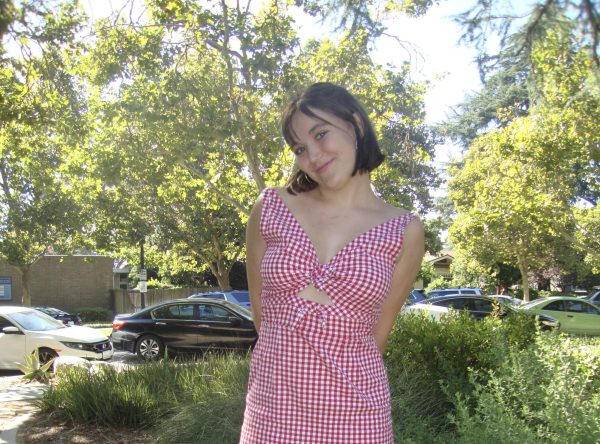
Izzy Thomas is a senior at CHS and one of the three Editors-in-Chief for The Wolfpacket. Her hobbies include taking photos, cooking, playing guitar, and...



